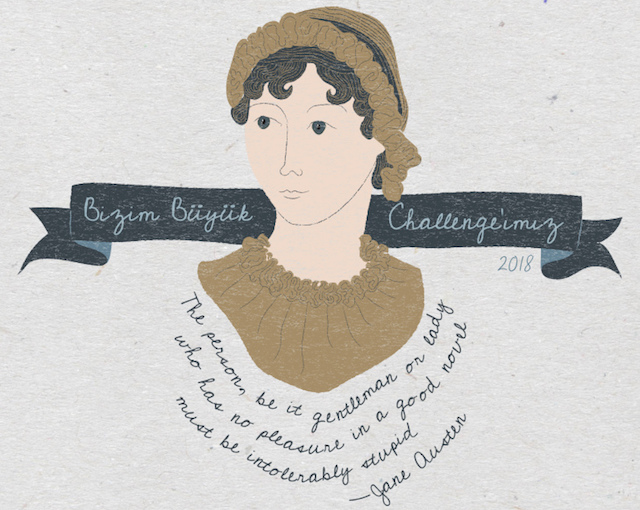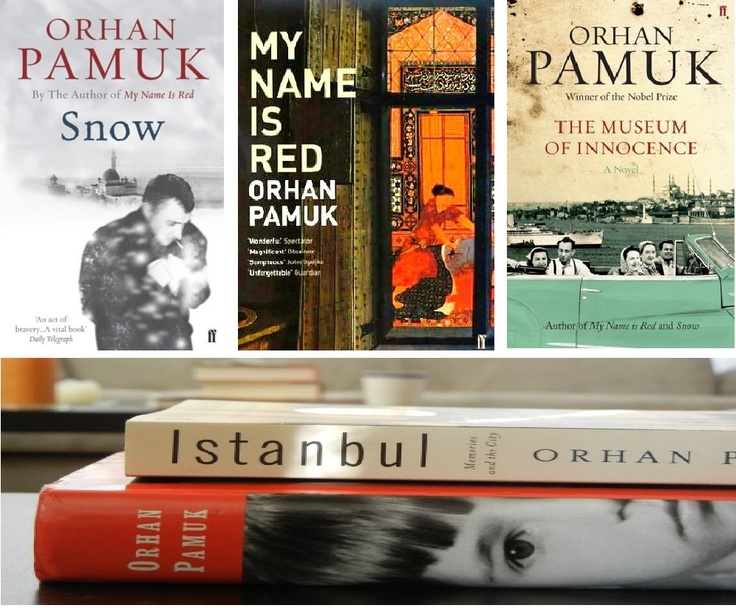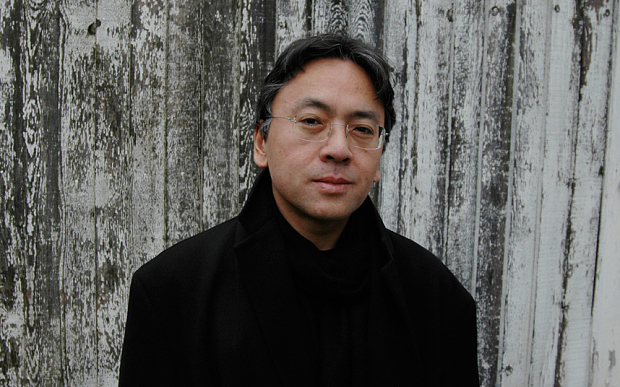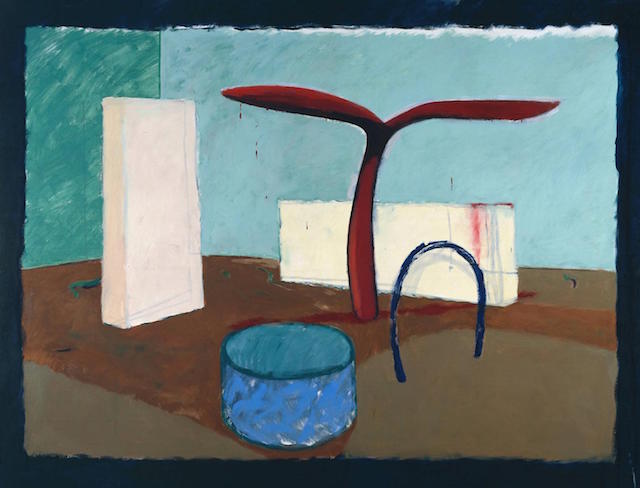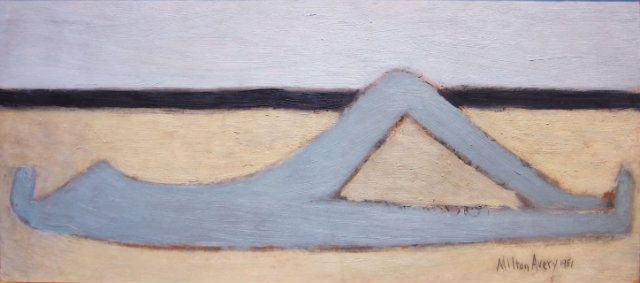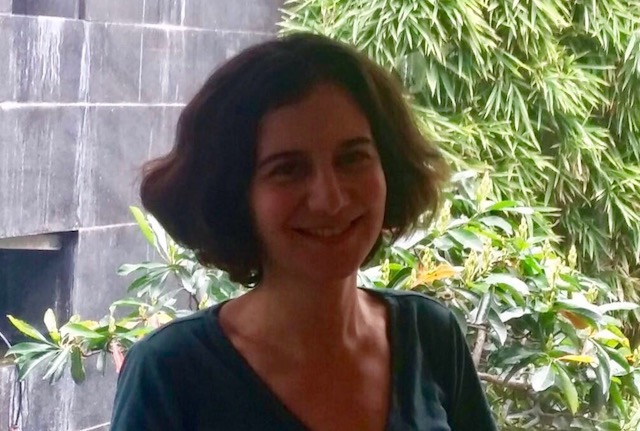I first knew of Sarah Kendzior through her academic scholarship on Central Asia and beyond. In time, Kendzior moved away from academia and began to focus on topics such as inequality, labor exploitation and youth unemployment in the education, media and civil society industries in the US. Her opinion articles on these topics are consistently among the Most Read on Al Jazeera English – whether on “for sale” internships at the UN or the myth of mothers “opting out of work,” her writing speaks to the silently lived experiences of many. I wanted to ask her a few questions by way of an introduction to our audience.
You were in academia and now you are “recovering from it”. From outside, academia may seem like this wonderland, where you are given the opportunity to be engrossed in your work, your craft, and even if you are a starter (ie aren’t making much money), you get the respect and the non-material satisfaction. How long did it take before you realized you weren’t going to do that? What was it like in that world and how hard was it to transition to freelance writing?
I went into academia for the reasons you mentioned – I love to write and do research. I enjoyed having the freedom to study topics that interest me, such as the politics of authoritarian states. I never cared about prestige or making a lot of money. But I care about earning a stable income and providing for my children.
In my final year in graduate school, I realized that my ability to stay on the job market and pursue an academic career was dependent on financial resources that I didn’t have. I was a successful academic – I am well-published, in top journals, with strong teaching evaluations and a solid reputation in my field. But this was irrelevant when it came to finding a job in this economy. I was expected to adjunct, subsisting on poverty wages, until a tenure-track job came along.
Money, not merit, is the critical factor to staying in academia in the United States. Most recent PhDs are either living in poverty, in massive debt, or surviving off family wealth. The former two categories tend to drop out, while the latter pay to play.
In the end, I am glad I left, because what I am doing now is more interesting. I didn’t plan to work as a writer – I was recruited once I started writing for the public. Al Jazeera English contacted me after reading my work on website called Registan.net, where I had been blogging about Central Asia during my last year of graduate school. My Al Jazeera articles often go viral. Over time, other publications asked me to write for them as well.
I love to write so I am happy about how this turned out. But I know my story is not typical. That is one of the reasons I write about barriers to entry in journalism, because talented writers are being locked out because they cannot afford unpaid internships or expensive credentials. Journalism is structured in a similar way to academia, where pre-existing wealth is a de facto requirement for entry.
Everyone benefits from a more diverse and even playing field, so I try to draw attention to unfair labor practices in these professions. Exploitation should not be a rite of passage.
You are obviously well known enough now that you will not be left without work, but you carved that out for yourself and in time you had a new focus aside from your academic background. How did you do that and what’s your advice for someone who wants to venture out to try a new medium and new knowledge (I hesitated to use the word expertise)?
I am never confident that I won’t be left without work. I feel precarious like everyone else.
This is in part because of my experience in academia – I was objectively successful, and it did not matter. But it is also because I grew up in a collapsing economy. From the moment I graduated college, I saw whole industries wiped out. I saw paid work converted into unpaid labor. Talented people stay unemployed or underemployed for years. Many of my friends are in this position now.
Nothing is a safe bet, so you might as well pursue what you enjoy. My advice for people entering a new field is to work hard, read broadly and have humility when it comes to “expertise”. If you are writing, do not write for exposure or attention. In a desperate media market, writers pounce on a theme with proven popularity even if they know nothing about it. But in the end this cheapens both the subject and the writer.
True expertise is knowing what you do not know, and knowing when to shut up. There is no shame in not knowing something – that is an opportunity to listen and learn. When someone defensively claims “I am an expert!” it is usually a sign that they are not. Expertise is demonstrated, not self-proclaimed.
Do not let your professional affiliation define who you are. As I’ve said before to young people: “You are not your job. Especially because you probably do not have a job.” Concentrate on doing good work, because while people will label you and limit you, your work speaks for itself, and no one can take that away.
At the same time, show respect in your professional relationships – not deference, but respect. Be polite, reliable, and receptive to feedback. When Foreign Policy listed me in their top 100 thinkers to follow on Twitter, they described me as “combative”, which I thought was funny because I can count the altercations I’ve had on Twitter on one hand. (Or as my husband says, on my middle finger.) I have no interest in fighting for the sake of fighting, and I think most people would say I’m easy to work with.
Flaubert wrote: “Be ordinary and bourgeois in your daily life, so that you may be violent and original in your art.” This is good advice. Intellectual work is not a place to please people. It is where you should challenge people, most of all yourself. Be your own harshest critic before someone else beats you to it. Let your reputation derive from your ideas, not the other way around. Do not base your life on others’ expectations. Do not assume that people value emulation over innovation, or conformity over integrity. Let them surprise you.
When life does not work fairly, you may as well live honestly.
I’m very interested in your critique of labor exploitation in certain fields, especially academia, the media and civil society, and the following idea that as a result that working or rising in these fields are reserved for the rich and the righteous. Interestingly, that is a trend in Turkey and I suspect elsewhere in the world. Could you elaborate on how this came to be and what it is leading to?
One of the most depressing things about writing what I do is that I realize what I had perceived to be an American problem is actually an international problem. Obviously youth unemployment is a global problem, but it is interesting that the erosion of merit – what I’ve called the “prestige economy” – is an international problem when prestige is such a culturally variable concept. I get email about this from people all over the world.
Ten years ago, I lived in Turkey – I worked for a year as an English teacher in Istanbul. Even back then, I would hear complaints similar to those you raise. My Turkish students, who were mostly college-age, would complain about corruption within the university system, or about how hard it was to enter certain professions if you were born in an impoverished region.
In the U.S. these structural inequalities are guised as deficiencies in “merit” – whereas the real deficiency is the lack of pre-existing wealth to purchase credentials. The U.S. uses the “American Dream” mythology to validate its own prejudices. It is tough to accept the death of the American dream when it benefited so many – including my ancestors, who came here in poverty but worked their way into the educated middle class in two generations. But today that dream is dead.
I do not know how people justify or explain away professional barriers and inequalities in Turkey. But every country seems to have its own way of doing so. And around the world, you are seeing young people getting very, very frustrated.
These are people who did everything expected of them and receive nothing in return. When they dare expect anything – basic things, like a job, or reasonably priced education and housing – they are told they are “acting entitled”.
But they are not “acting entitled”. They were told to follow a social contract and now they are being told this contract never existed. For five years, they have been waiting for things to go back to “normal”. Now they realize that this is the new normal, and that it will take organized effort to change things.
When I read an article by you or 15 tweets back to back, it often leaves me angry and frustrated at the mechanisms you describe and the mindset that tries really hard to ensure those mechanisms are perceived as normal. I definitely get a “no bullshit” tone from your writing, and I get anger. Is that true? You are essentially always criticizing a corrupt system and in my mind that has got to be mentally and emotionally exhausting. How do you cope with it?
You could say I am angry, but I don’t see that as a negative quality. Anger is a normal reaction to suffering, whether you experience it or witness it. One can be angry without being hostile or violent. One can be angry and still be respectful and polite to others.
Anger is a positive emotion, because anger acknowledges the possibility for change. The opposite of anger is acquiescence – the acceptance of suffering as normal. Anger is a form of compassion.
Corruption and inequality are man-made problems. They are not inevitable and neither is the hardship that accompanies them. But in order to fix a problem, we have to see it as a problem, not an inexorable element of human life or human behavior. Saying “this is the way things are” discourages people from imagining how things could be.
If people are angry after they read my work, I am glad. I hope they use that anger to fight on behalf of others. One of the worst feelings in the world is to suffer in the open and have no one care or raise a hand to help you. We should not take terrible conditions for granted any more than we should treat the suffering they cause as acceptable. Anger demands accountability.
As for your question as to whether I am “mentally and emotionally exhausted“ — probably. But that’s because I am the mother of two young children, not because I’m some sort of revolutionary.
Criticizing corruption is not exhausting. It is far more exhausting to pretend everything is okay.
[The Turkish version of this interview is here.]


